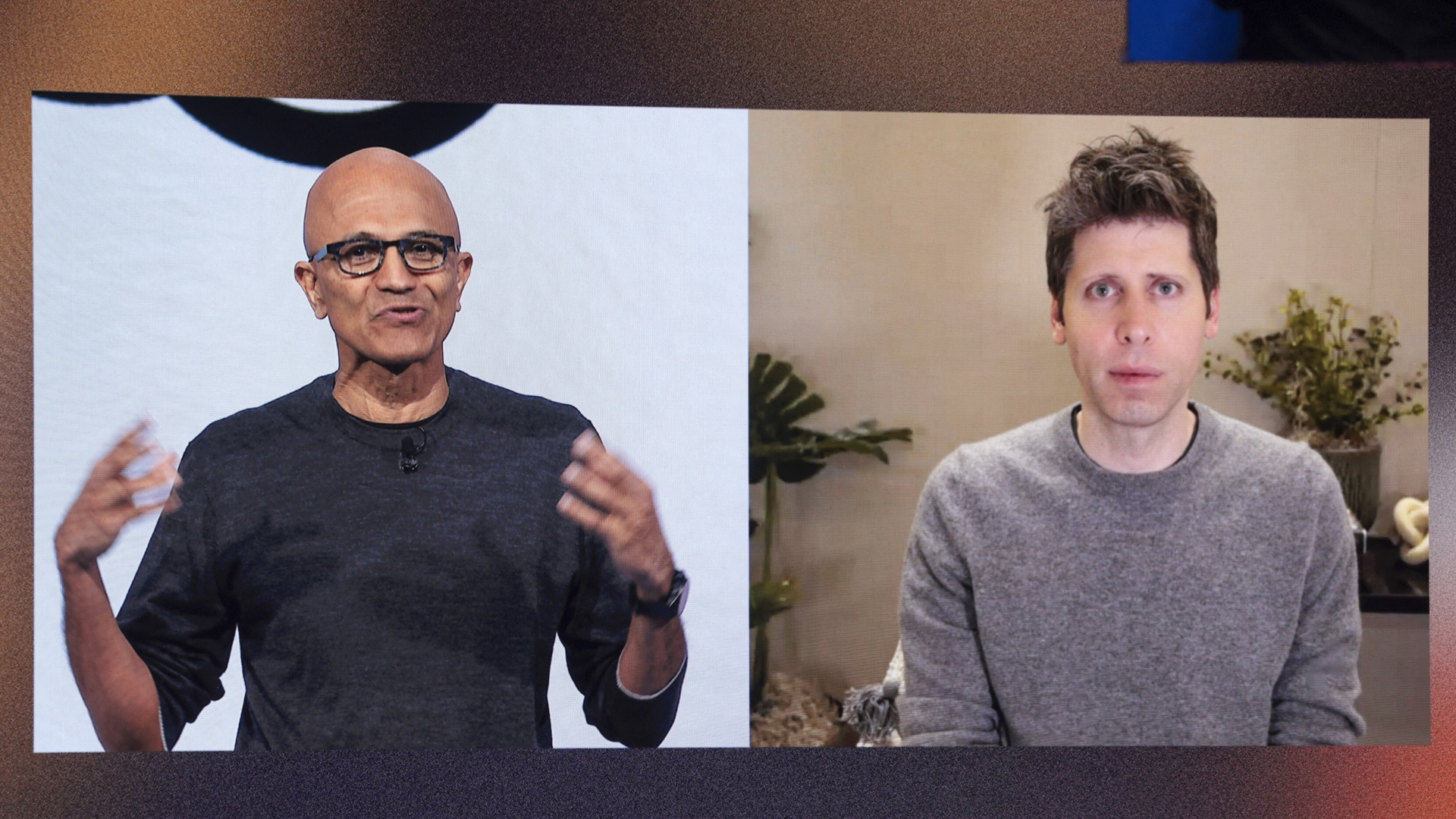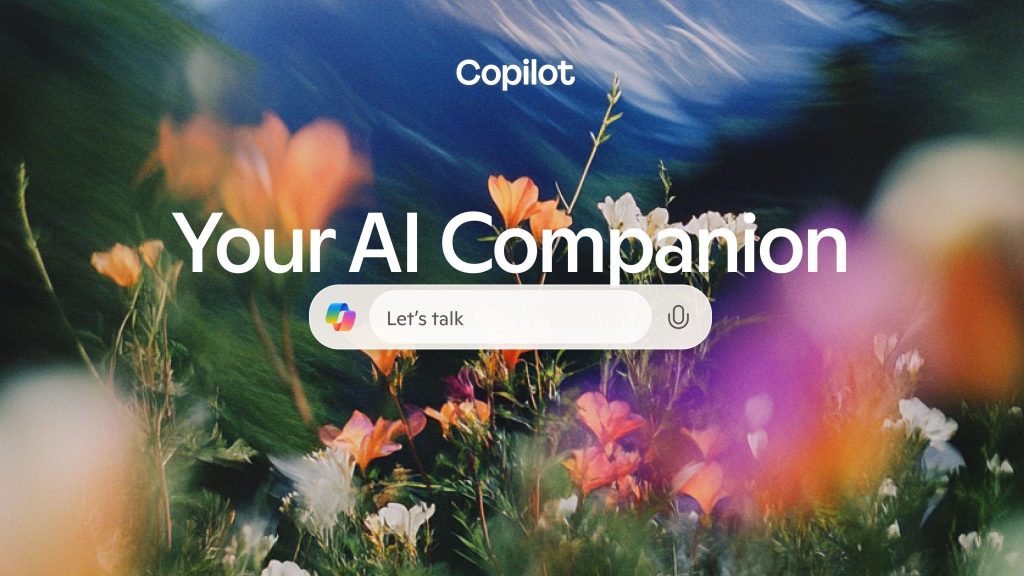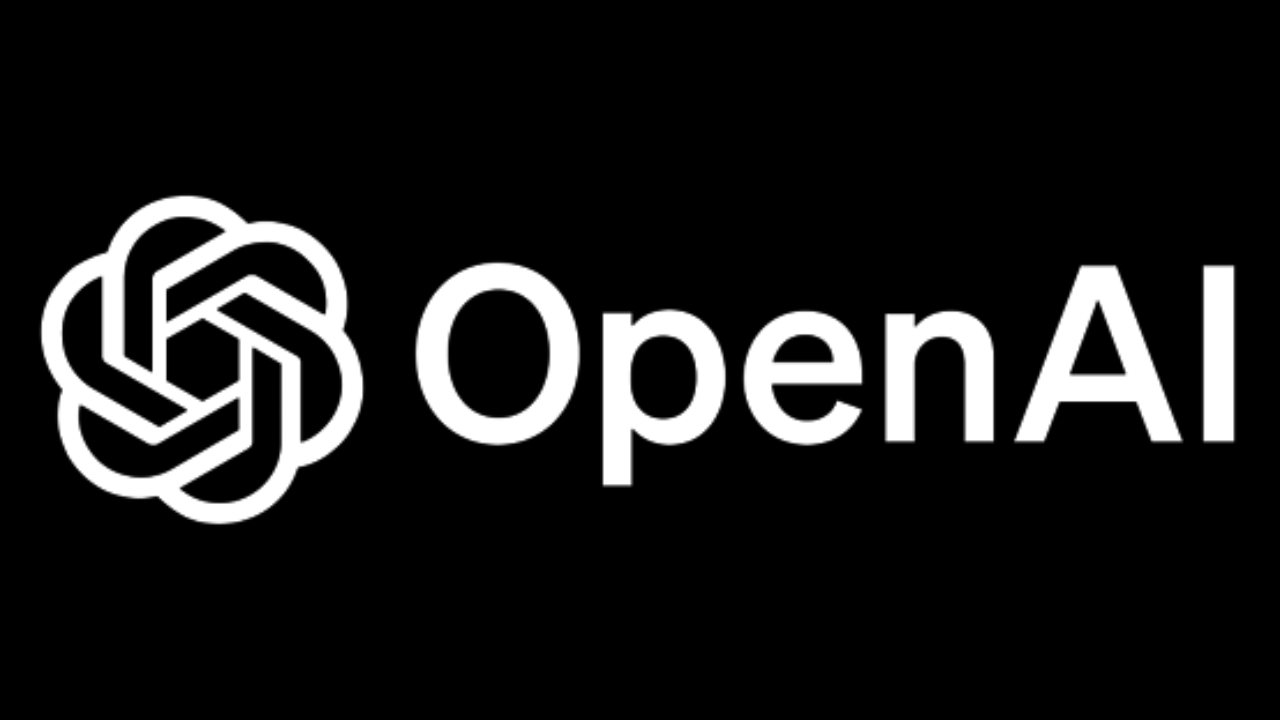OpenAI and Microsoft's contract negotiations threaten investment and potential IPO — companies battle over AGI secrecy and Azure exclusivity
Microsoft and OpenAI butt heads over ongoing contract negotiations

OpenAI and Microsoft are struggling to come to terms over several sticking points in their ongoing contract, which runs until 2030. Despite being deeply integrated in each other's AI operations, the companies have been unable to agree on what to do if and when OpenAI develops Artificial General Intelligence (AGI), potentially stalling billions in investments and a future IPO, according to a report published by the Financial Times.
Microsoft first invested in OpenAI in 2019, offering $1 billion in exchange for OpenAI's commitment to its Azure cloud platform. That partnership expanded in 2023, when Microsoft invested a further $10 billion, securing access to OpenAI's models in its services and locking down 49% of profit from OpenAI's for-profit branch.
Soon after, OpenAI models showed up powering Bing Chat and Copilot, as well as various Microsoft 365 applications. Microsoft would go on to make further investments in OpenAI over the following years, bringing the total to $13 billion, and also plan a $100 billion data center with OpenAI. Microsoft has reached a $4 trillion valuation, partly due to the success of its OpenAI partnership, which utilizes Azure servers.
Trouble in paradise

However, a shifting AI landscape means that OpenAI and Microsoft are reportedly not on the same page regarding the terms of their ongoing contract and OpenAI's ongoing corporate restructuring. A major sticking point is Microsoft's access to OpenAI's models and insight into how they're trained. Although OpenAI has no issue with Microsoft having access to current and future models, it wants to retain one particular clause.
According to a Financial Times report, the clause within the contract that is garnering the most pushback relates to OpenAI keeping any model that could be considered Artificial General Intelligence (AGI) locked away from Microsoft's view.
Microsoft wants this clause removed, as it would be a significant technological breakthrough. However, OpenAI remains stubborn, bringing the two firms to a standstill, with no clear indication of how it might be resolved.
An additional point that's still being discussed is the possibility of OpenAI having access to other cloud platforms, instead of exclusively using Microsoft's Azure platform. However, OpenAI wishes to loosen the stipulation, which would allow the company to sell its services on Google and Amazon Web Services platforms. This could further drive OpenAI's API revenue, something which is significant, as the company has yet to turn a profit.
Microsoft is understandably hesitant to relinquish its monopoly on OpenAI's service provisions. However, a deal is reportedly being considered that would allow other cloud platforms to host the API but within a narrower context, and limit use to governments that do not already use Microsoft's Azure services.
Tick-tock
Throwing additional weight behind this negotiation is the amount of time negotiations are taking. OpenAI has a further $10 billion investment hanging in the balance from SoftBank, which recently invested $2 billion into Intel. The staggering funding investment stipulates that Microsoft and OpenAI must come into an agreement before the end of 2025.
“OpenAI having the AGI clause is a negotiating chit,” said one Financial Times source. “It’s a threat, but it’s more like mutually assured destruction because if it doesn’t go by year-end, they won’t be able to raise any money again and Sam [Altman] knows that.”
If the ongoing dispute goes past the end-of-year deadline, Softbank and other investors could renege on funding commitments. If this happens, OpenAI might have to offer Microsoft a larger percentage of the company. After the planned restructuring, Microsoft is expected to hold over 30% of the company. However, if other investors get scared off, this figure could change.
On the surface, though, both companies appear confident that a deal can be struck. They said in a joint statement offered to the Financial Times, they said: “We have a long-term, productive partnership that has delivered amazing AI tools for everyone. Talks are ongoing, and we are optimistic we will continue to build together for years to come.”
Ongoing collaboration

Even if the funding deadline is missed, the partnership between the two companies seems likely to continue. Despite recent stumbles with the launch of its flagship GPT-5 model, OpenAI is still considered one of the premier AI companies in the world. On its side, Microsoft's investment is also of real importance. Despite being at the forefront of an industry seeing hundreds of billions of dollars of investment, OpenAI still operates at a significant loss and expects to do so for the next few years.
Microsoft would also derive financial benefits from the deal. At its conclusion, Microsoft and other OpenAI investors would be allowed to hold equity in the business, rather than merely sharing profits from a branch of the business. It would also lay the groundwork for a potential future OpenAI IPO, something that all parties would likely want like to happen before any kind of AI bubble bursts; Something even OpenAI CEO Sam Altman sees coming in the future.
In an additional twist, Microsoft has also developed its own Copilot models, named MAI-1-preview and a voice-enabled model, MAI-Voice-1. It remains to be seen whether this is Microsoft's attempt to diversify away from being solely reliant upon OpenAI, or if it might affect future negotiations.
Follow Tom's Hardware on Google News to get our up-to-date news, analysis, and reviews in your feeds. Make sure to click the Follow button.

Jon Martindale is a contributing writer for Tom's Hardware. For the past 20 years, he's been writing about PC components, emerging technologies, and the latest software advances. His deep and broad journalistic experience gives him unique insights into the most exciting technology trends of today and tomorrow.
